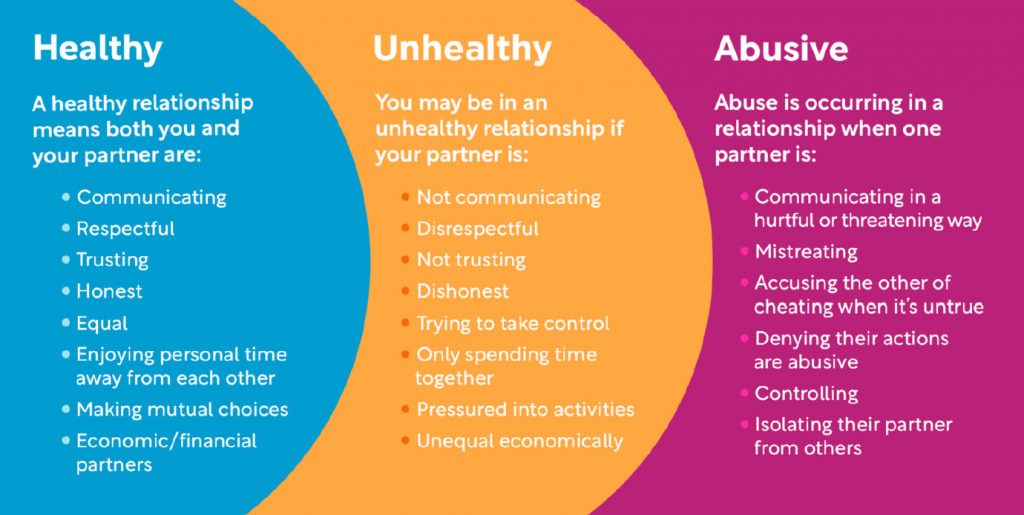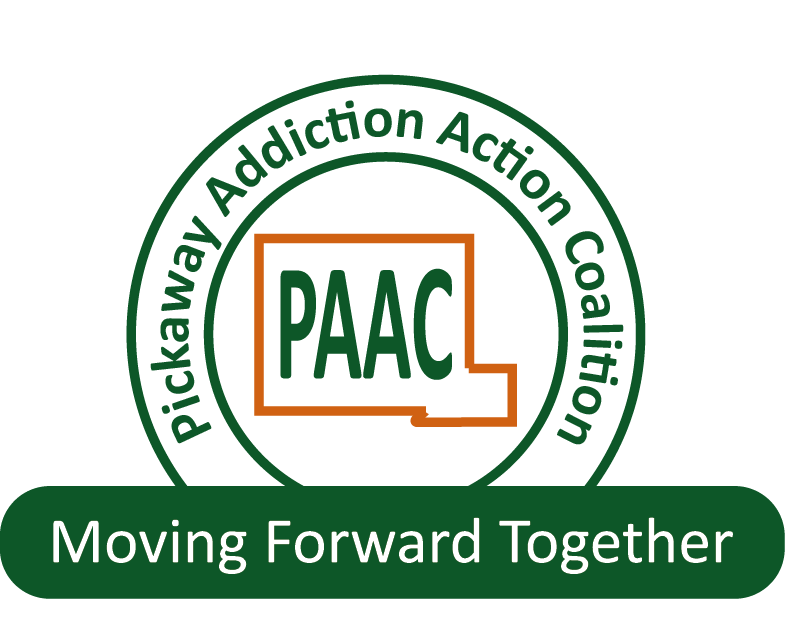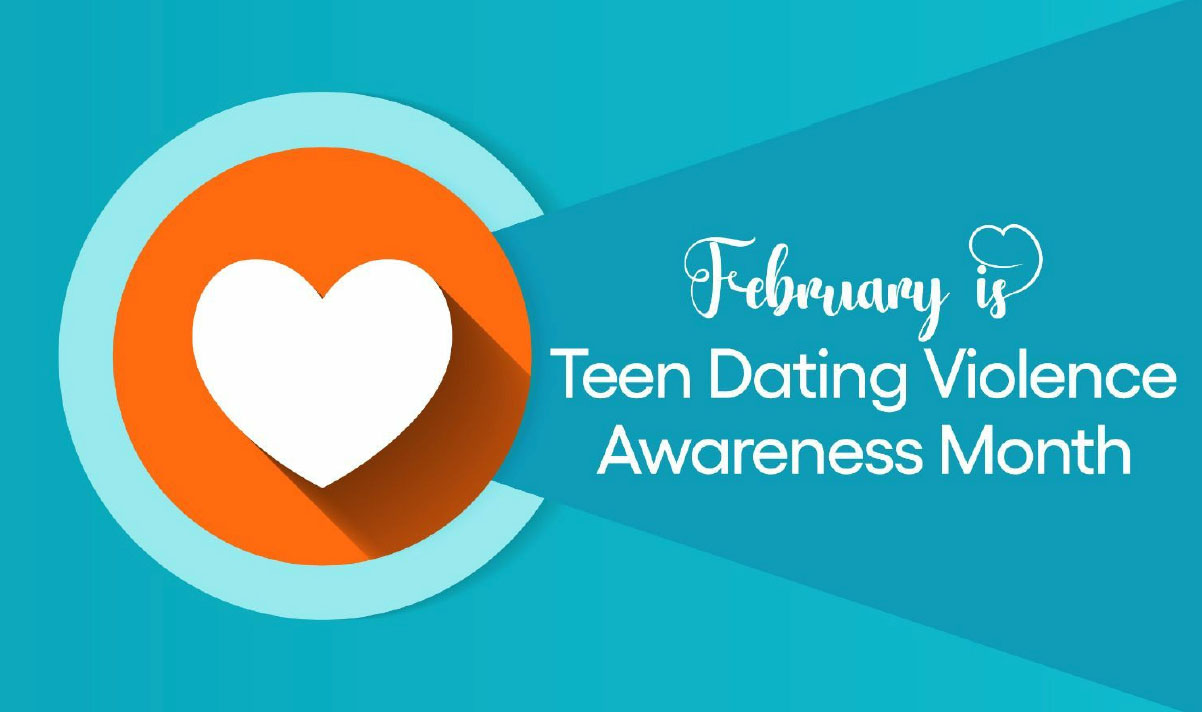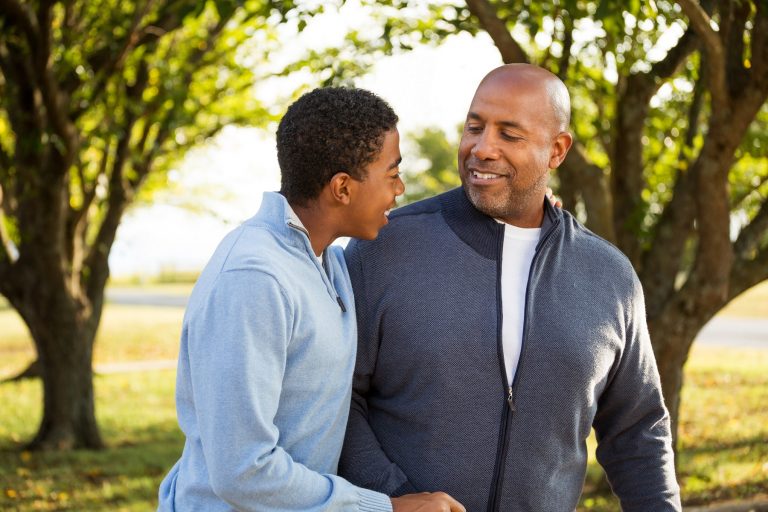KNOW! to Promote Healthy Romantic Relationships
February is Teen Dating Violence Awareness Month. Teen dating violence includes physical, emotional, or sexual abuse, harassment, or stalking of an adolescent within the context of a past or present romantic relationship. One in three teens will experience teen dating violence before they become adults.1 Teen dating violence is a risk factor for substance use, depression, anxiety, and thinking about suicide. 2
Teen dating violence is not inevitable. Many adolescents engage in healthy romantic relationships with their peers. Healthy relationships help teens develop into wellfunctioning adults with healthy adult relationships, develop social skills, and grow emotionally. Healthy teen relationships are also protective – they can improve school performance, reduce unhealthy behaviors, increase positive self-image, and improve interpersonal skills. 2
Whether or not an adolescent is experiencing teen dating violence, they may not be the most forthcoming about their dating experiences with caring adults. It is important to establish an open line of communication with no strings attached. Starting conversations about the importance of trust, respect, and honesty in relationships will lay the groundwork for your teen to engage in healthy relationships and feel safe seeking help from you if they experience teen dating violence.1
Dating violence can happen to anyone, regardless of gender or sexual orientation. Safety and consent are everyone’s business, so don’t discount having these conversations even if you think your young person would never end up in a situation like this.
Share this graphic about the relationship spectrum from loveisrespect.org to help your teen understand the signs of healthy, unhealthy, and abusive relationships.

Discussing Dating
Remain calm
Getting angry or overreacting can derail your conversation and future dialogue. Instead, actively listen and ask open-ended questions. 3
Keep it health and safety focused
Regardless of your views on the timing of dating and sex, focus your message on the importance of staying safe. Stress the importance of condoms and birth control, as well as knowing the signs of relationship violence. 3
Sympathize with your teen
They may not believe that you can relate to the challenges they are facing. Share that you understand that the social pressures and obligations of being a teenager feel like a lot. Make sure you are engaging in a conversation, not talking at them. 3
Talk about and model consent
Remind your teen that they never have to do anything sexual that they do not want to and if their partner does not give enthusiastic consent, they should not engage in sexual activity. Teach that anyone who violates those boundaries is engaging in unhealthy behavior. You can model consent by asking your teen before hugging or kissing them and respecting their boundaries. 3
Take a clear stand
Make sure teens know that disrespect, use of abusive or inappropriate language, controlling behavior, or any form of violence are unacceptable, unhealthy behaviors. 3
Use media as a jumping off point
Eight out of ten adolescents say that the media is a good way to start conversations with parents about sex, love, and relationships. Use characters and situations you see on TV or in movies with your teen to start conversations about your own values. 3
Encourage open, honest, and thoughtful reflection
Talk openly with your teen about healthy relationships. Allow them to share their values and expectations for healthy relationships. Rather than dismissing ideas as “wrong”, encourage discussion —this helps young people come to their own understanding. 6
Accentuate the positive
Conversations about relationships do not need to focus solely on risky behavior or negative consequences. Talk about the skills and attitudes, like empathy and respect, that promote healthy relationships. Emphasize how meaningful these relationships can be. 6
Continue the conversation
There isn’t one ‘sex talk’ or ‘dating talk’. You or your teen may not be comfortable talking about these topics for more than a few minutes, and that’s okay. Allow this to be an ongoing conversation, which will be less overwhelming for your teen, and give them time to really think about what you’ve discussed.3
Talking Tips
Think about what your relationships have taught you. What was healthy about them? What was unhealthy? Share with your teen any lessons you’ve learned about maintaining healthy relationships.4
Help your young person think about their own personal boundaries and how to express them before they are in a sexual situation. Teach that they should consider questions like “Is this something I actually want? Do I feel safe and respected?” and “Am I feeling any kind of pressure to do something I’m not ready for, from this other person or from my friends?” and emphasize that it is okay to say they are uncomfortable and leave the situation if they are feeling pressured. Dating violence can happen to anyone, regardless of gender or sexual orientation. Safety and consent are everyone’s business, so don’t discount having these conversations even if you think your young person would never end up in a situation like this.5
Work with your teen to practice respecting others’ boundaries. Together you can create some questions they can use to check in with their partner and talk about paying attention to body language to gauge their partner’s comfort.4
Talk to your teen about examples of relationships among couples from the media you engage with. Which examples are healthy? Which ones are harmful?
Explore with young people how they think about different types of feelings about someone else. Ask whether there is a difference between attraction, infatuation, and love. If so, what is it? Talk about the positive and negative reasons that someone might be attracted to someone else.4









